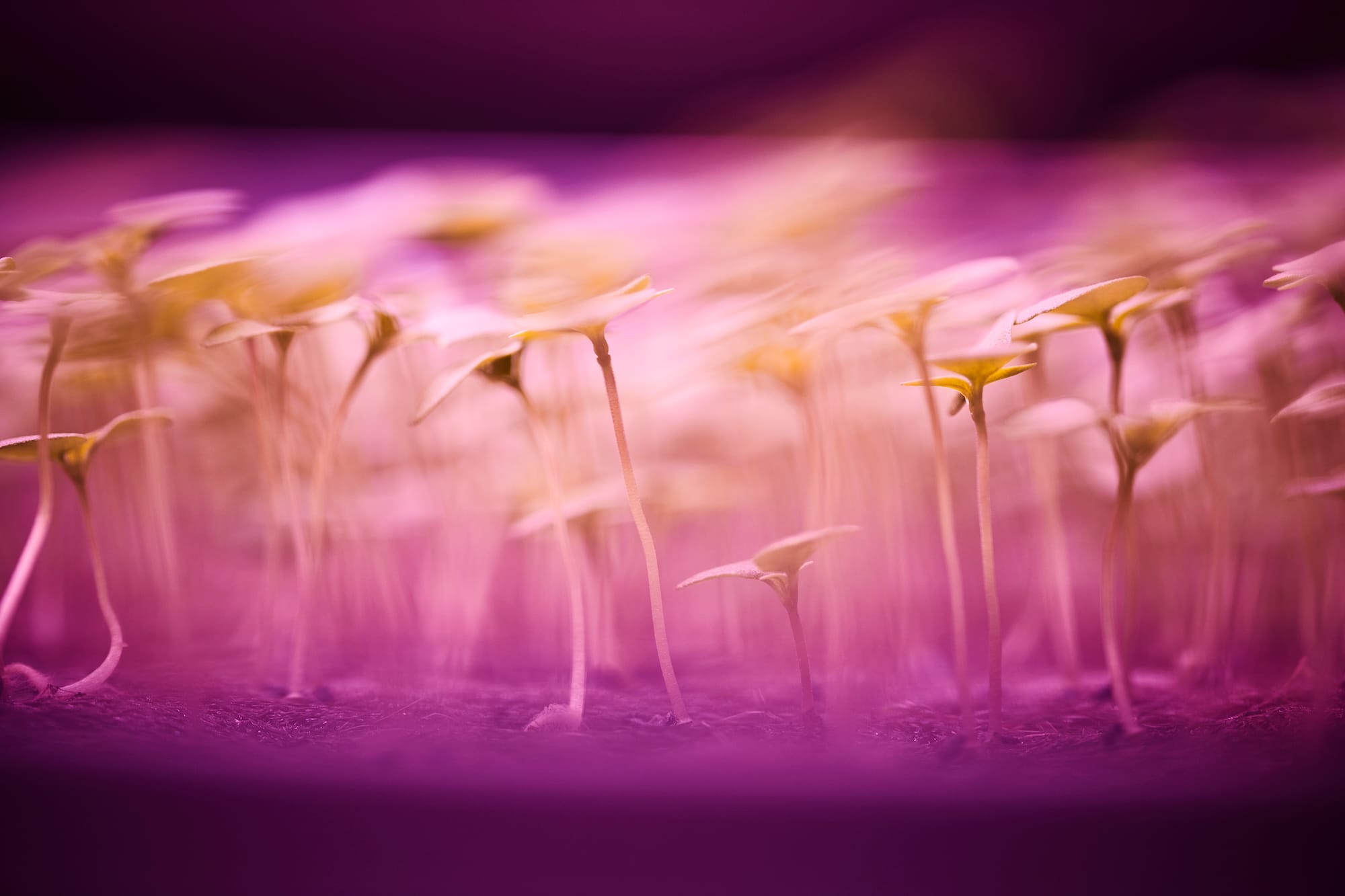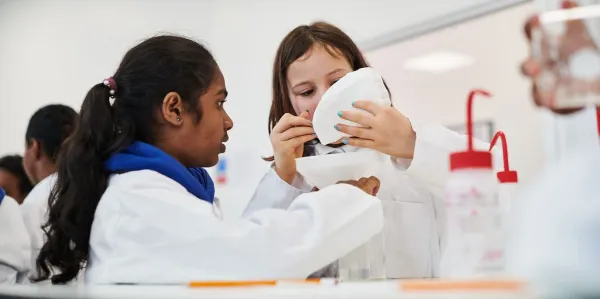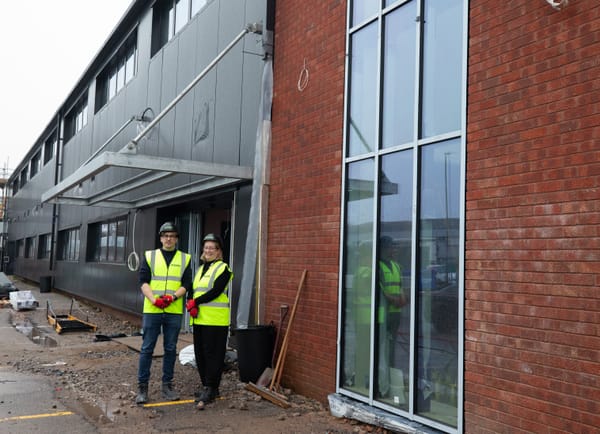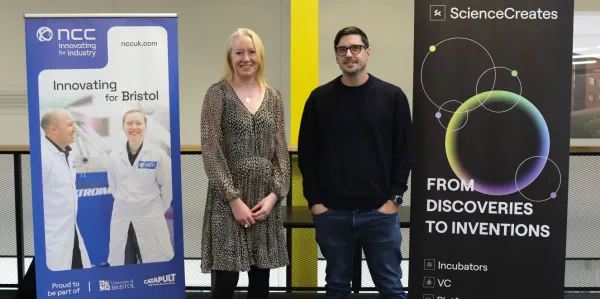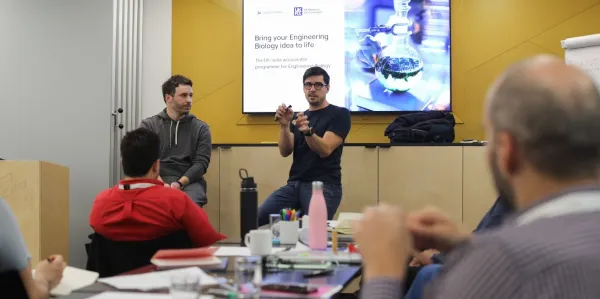Shaking up the status quo
Why we’re building better batteries, planet-friendly packaging and a greener grid
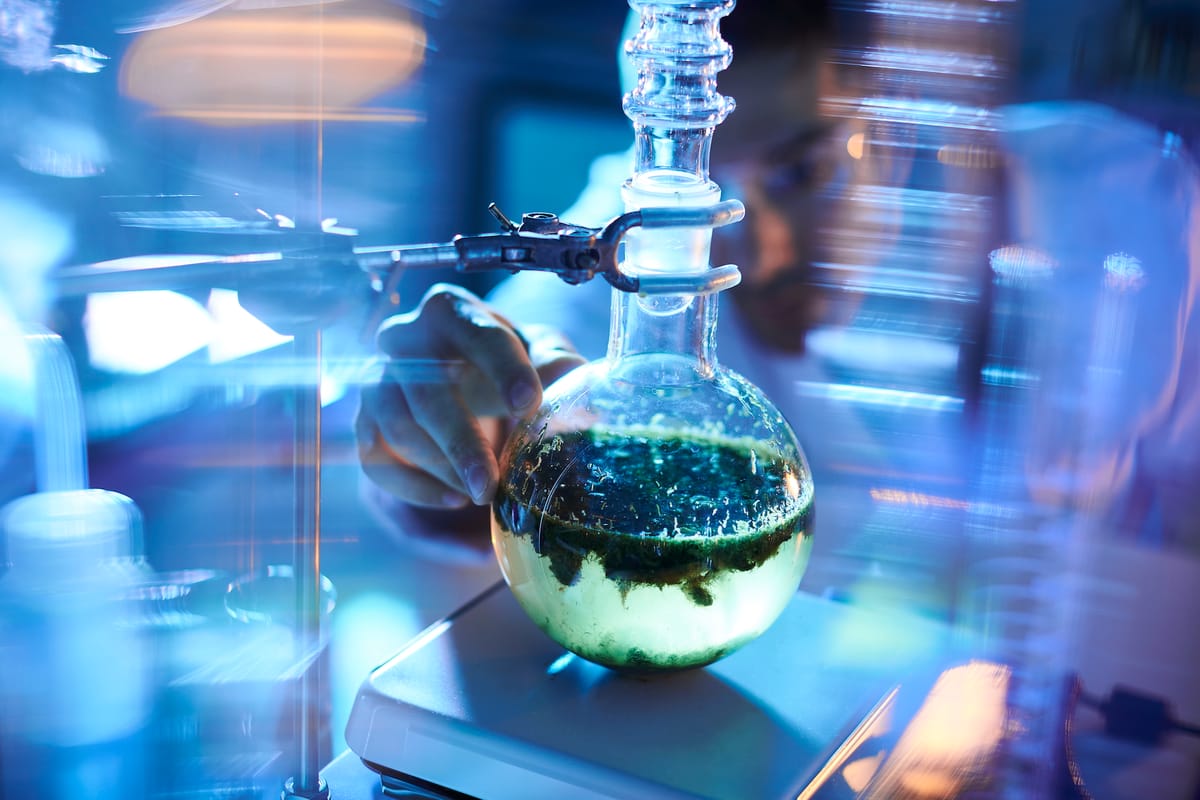
Why we’re building better batteries, planet-friendly packaging and a greener grid
By Nicky Jenner, Science Editor

The Science Creates ecosystem is home to disruptors, experts and innovators: scientists and engineers working to bring about truly radical change by taking scientific discovery out of the lab and into the world.
A core area of focus for our members is energy, a sector in which change is not a nice-to-have — it’s essential, say global experts. The energy sector pushes out three-quarters of our global greenhouse gas emissions, and our warming world is struggling to cope. In 2023, former Secretary General of the World Meteorological Organization Petteri Taalas vocalised the urgency of the situation:
“We must act now to limit the risks of an increasingly inhospitable climate in this and the coming centuries.”
Science Creates innovators are working on just this. They’re developing advanced materials and technology for a cleaner, sustainable future — and rendering the old way of doing things obsolete.
Meet the innovators rewriting the rules of energy
Anaphite — Electrifying transport with better batteries
Batteries are indispensable to the energy transition, and underpin efforts to electrify global transport systems. The older lead-acid technology used in a car’s 12V battery cannot store as much energy as new lithium-ion batteries, which are being used to power the electric vehicles (EVs) on our roads. Improving these batteries is crucial to creating EVs that charge quicker, drive further before needing to recharge and are cheaper to manufacture and buy — all common hurdles facing EV uptake.
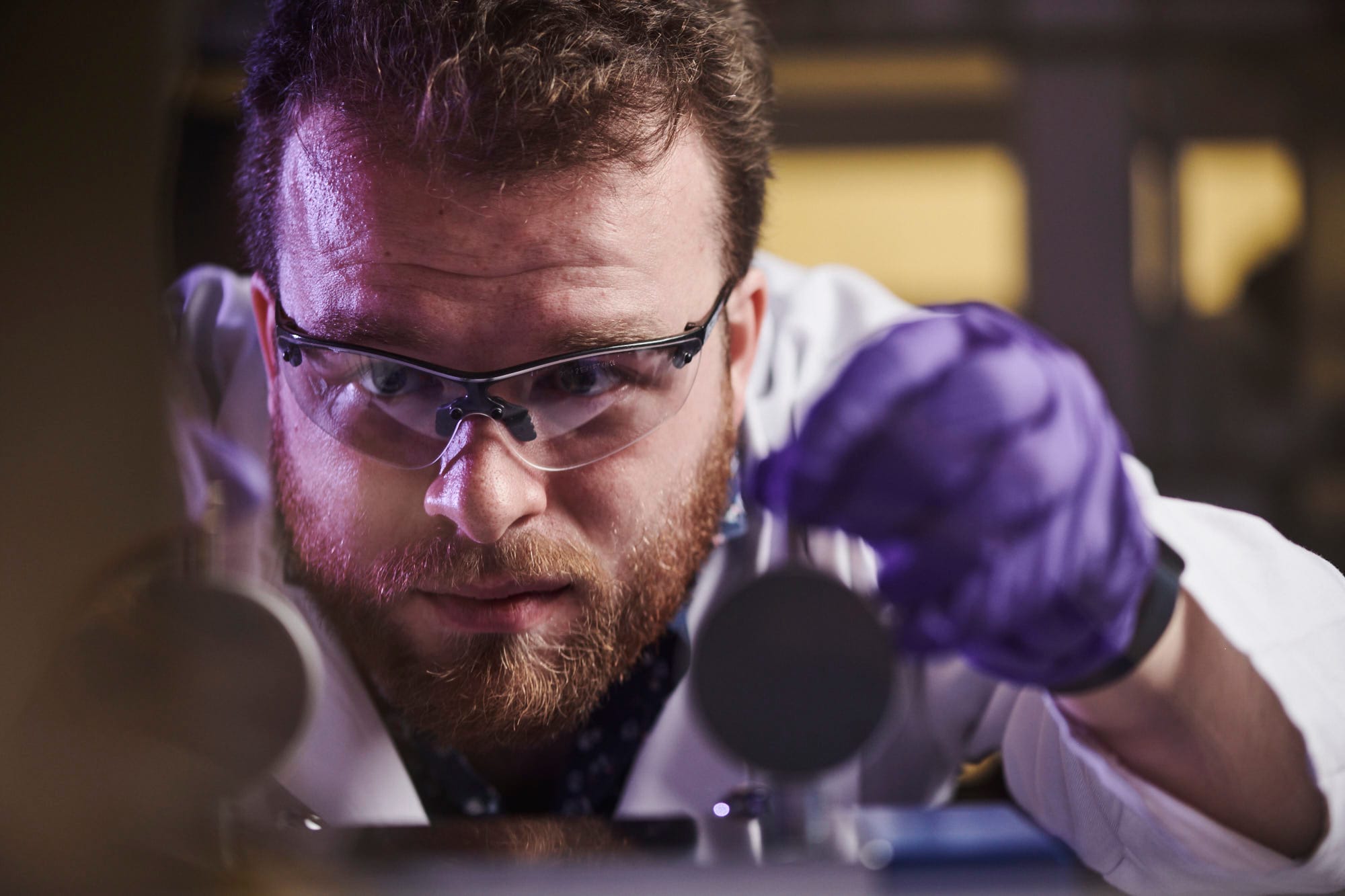
One company working to optimise lithium-ion batteries for EVs and reduce our need for fossil fuels is Anaphite. Anaphite has developed a process that enables batteries to be produced in a lower energy and lower cost method called dry coating, without compromising on battery performance. Dry coating removes the need for the bulky, expensive, energy-hungry equipment currently used in battery production, making the entire process quicker, cheaper and more efficient.
Better batteries could also stabilise our energy grid by storing excess energy created by renewables like solar, wind and wave, and then releasing this to meet surges in demand.
WASE — Harnessing the potential of waste
A whopping 2.5 million Olympic swimming pools’ worth of wastewater is discharged, untreated, into our environment every single day. Wastewater innovators WASE have developed a modular system to treat waste at the point of production and convert wastewater (and other residues) into renewable biogas, clean water and nutrient-rich fertiliser. This biogas can be used to generate energy and fuel business processes, reducing our reliance on fossil fuels and driving down greenhouse gas emissions from agriculture and industry, while the recovered clean water can be cycled back into agriculture or discharged safely to reduce and conserve the sector’s water use.
In 2024, WASE secured an investment of £8.5 million — a round that earmarked funds to scale operations and execute multimillion pounds of signed contracts and projects with customers while building out its product offering.
Kelpi — Producing plastic-free packaging from seaweed
The overwhelming majority of the plastic we use is derived from oil and gas. Despite growing initiatives to shift from single-use plastics to cleaner, greener alternatives, demand for plastics has doubled in the last 20 years, and is still growing rapidly. Only 9% of plastic waste is recycled globally, about 12% is incinerated and 40% ends up in landfill (World Economic Forum et al., 2016). Every year, more than 20 million tonnes of plastic waste leak into fragile ecosystems — especially aquatic.
Pulling oil from the ground to make single-use plastics is unsustainable, says Kelpi, a materials innovation company turning to the environment for inspiration and developing bio-plastics from renewable, natural materials.
Kelpi uses seaweed and natural plantbased oils to create a unique coating material that provides the sort of barrier to moisture only previously achieved by fossil fuel plastics. The company has already received £7.35 million across two seed funding rounds for its work creating thin coatings for paper, card and fibre, which allows recyclable packaging made from these materials to replace single-use fossil fuel plastics. Rather than fossil fuels, Kelpi starts with seaweed, which grows in vast amounts without the need for fertiliser, land or freshwater; sequestering carbon and deacidifying the ocean as it grows.
Kelpi’s innovative coatings are already being tested by global clients in the food and drink, and cosmetics and toiletries sectors — to create paper and card packaging that works like plastic but enjoys the much higher recycling rates of paper and card after use. And, even if it ends up at sea, Kelpi-coated paper and card packaging will break down naturally in a matter of weeks or months, leaving no toxins or microplastics behind.
Continue reading Gravitate - The Deep Tech Founder Magazine


